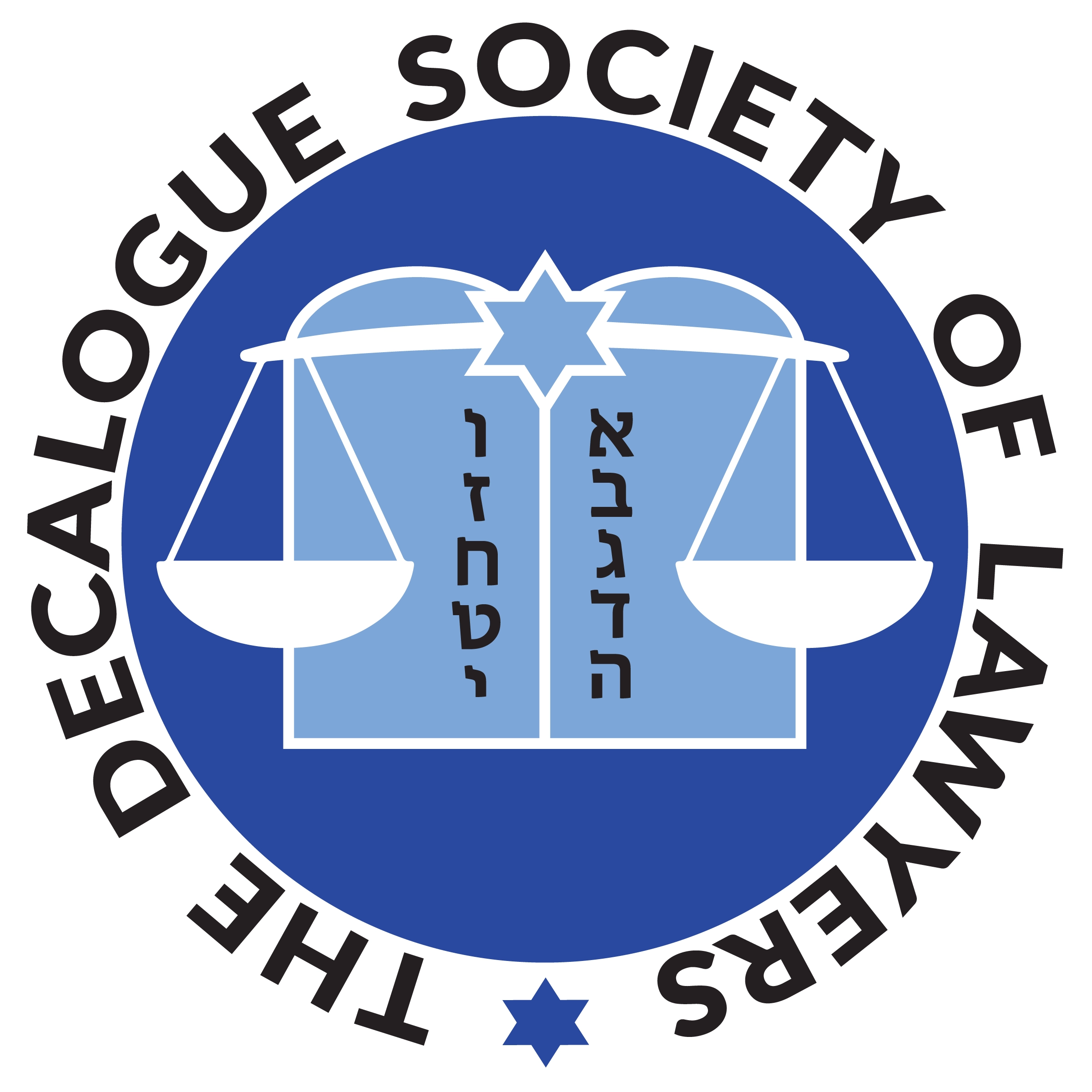The Decalogue Society of Lawyers respectfully requests that the Illinois Supreme Court invite further input from bar associations and affected law students on the issue of how best to handle admission to the Illinois Bar, in light of COVID-19. On July 23, 2020, the Illinois Supreme Court announced that the Illinois bar exam would be taken remotely/online, due to the myriad of problems caused by COVID-19. Subsequently, on August 4, 2020, the American Bar Association issued Resolution 10G, which urged state Supreme Courts to consider alternative ways to license attorneys. Among the ABA’s suggestions were remote/online bar exams and diploma privilege. It’s noteworthy that prior to the ABA’s Resolution, several states had chosen the option of diploma privilege: Washington, Oregon, Utah, and Louisiana. Wisconsin and New Hampshire already had a form of diploma privilege even before the pandemic. The Decalogue Society takes no position on how the Illinois bar admission should be determined at this time. However, in light of concerns and comments raised by decalogue membership, we ask that the Illinois Supreme Court open the matter up for more input from stakeholders.
COVID-19 has affected not just Illinois, but the entire nation. It has exposed our nation’s simmering inequalities. Oliver Wendell Holmes said that sunlight is the best disinfectant. COVID-19 has managed to shine a spotlight on racial and economic disparities that have long plagued our nation. There was a time when no states had bar exams. Back in those days, one became a lawyer by studying the law and being mentored. However, shortly after Reconstruction, several states instituted a tsunami of state licensing requirements for various occupations, and the practice of law was among them. Law school attendance and bar exam requirements were not developed in response to some public outcry for better lawyers. These requirements emerged in response to increased competition from women, freed Blacks, and immigrants. The bar exam’s purpose was to stealthily keep the legal profession as White as possible. And it has done so with brutal efficiency. For example, for the California February 2020 bar exam, the passage rate for first-time test takers by race is: Blacks, 5%, Whites 51.7%%, Latinos 32.6%, and Asians 42.2%. If 95% of Whites were failing the bar exam, how would the public react? Can there be any doubt that when Whites fail en masse the public feels the problem must be with the process, but when minorities fail en masse their failure is presumed to be proof of their inferiority? While California is not Illinois, for purposes of inequality, it’s a distinction without a difference. Illinois’ overall track record on racial justice is no better than California’s.
What makes the bar exam’s racially disparate outcomes even more egregious, is that the consequences for failing the bar exam now are more serious than they were a few generations ago. Today, students have crushing debt from undergrad and law school, that can’t even be discharged in bankruptcy. Student loans are like an albatross around the neck of so many young people. Their inability to practice law in light of their student loan debt makes the need for thoughtful consideration all the more compelling.
Dr. King once compared our nation’s leaders to Rip Van Winkle. Van Winkle fell asleep for 20 years. When he first went to sleep, the 13 colonies were under British rule, but when he woke up George Washington was president of a newly independent nation. Rip Van Winkle had slept through the American Revolution. Dr. King commented that like Rip Van Winkle, our leaders were sleeping through a revolution. Our nation’s leaders, including within the legal profession, have for too long been drowsy on the comfort and security that only comes with privilege. Now, we are being awakened from our privilege-induced rest by protests and riots in the streets. Surely, some may caution against making any radical changes to the bar exam, especially in a hurried manner. But how long a minute is, depends on which side of the bathroom door one is standing on. How much longer shall we slumber?
